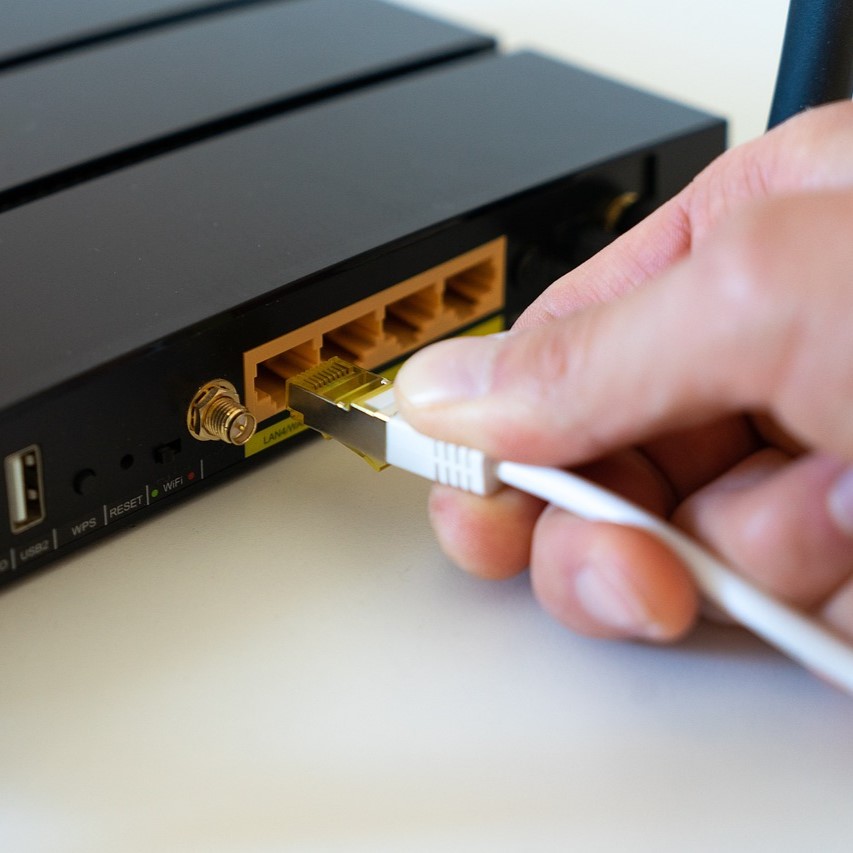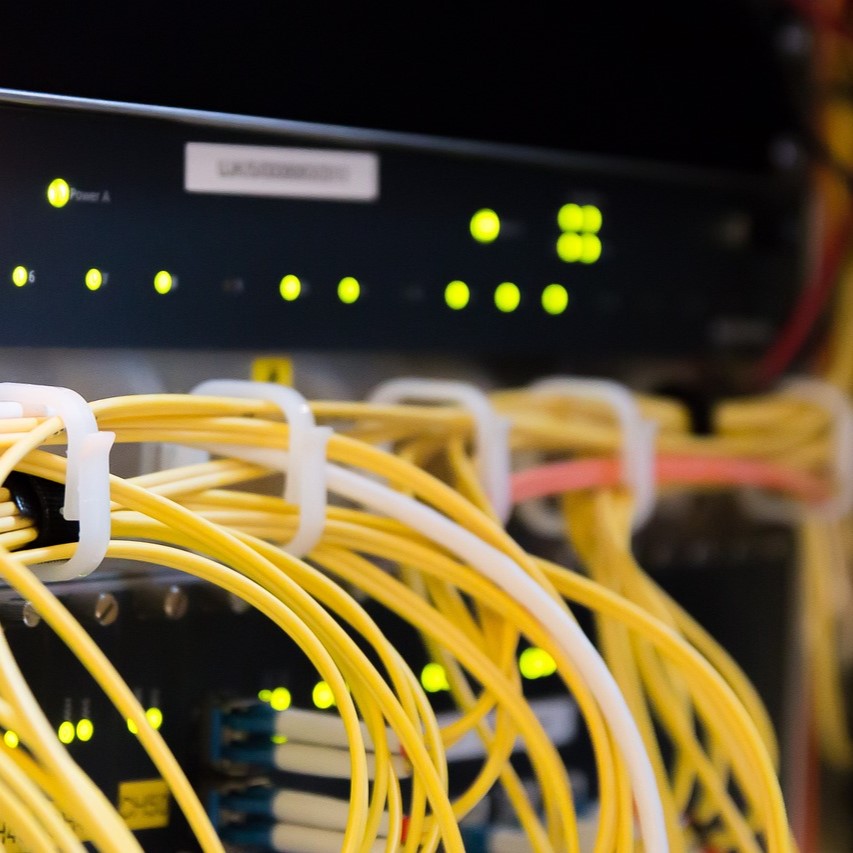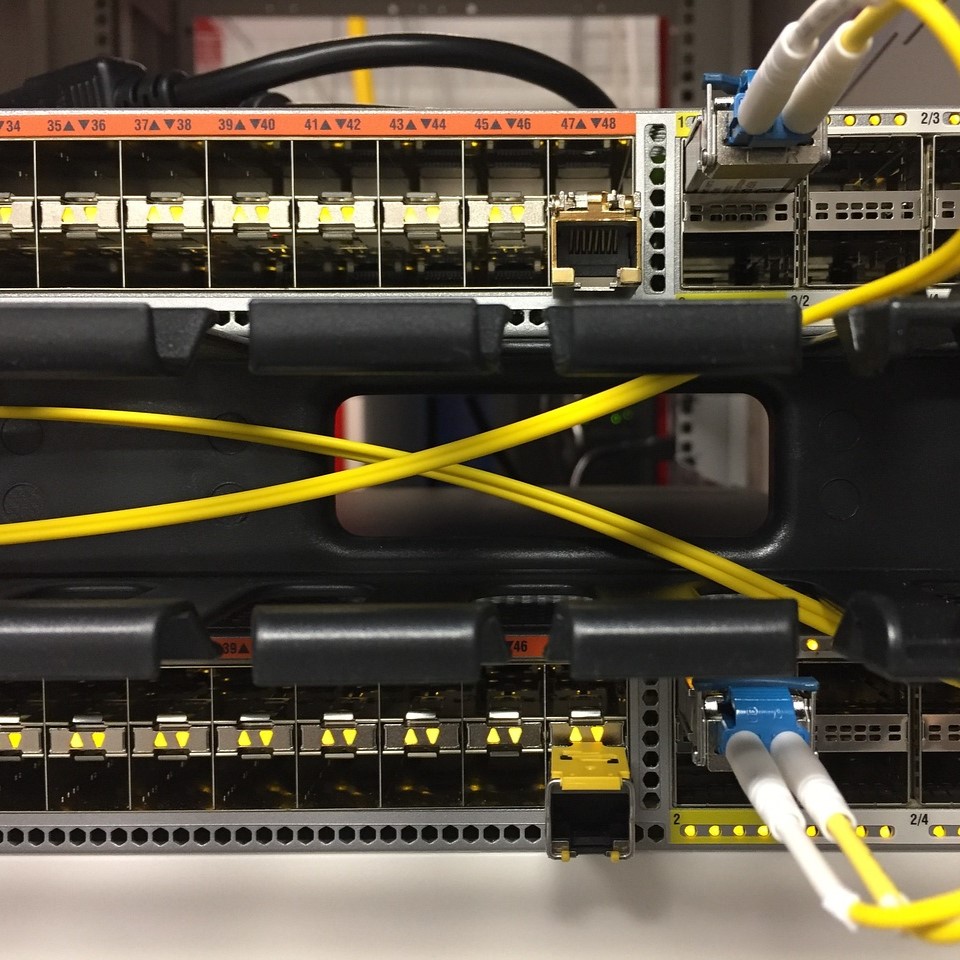
The threat of cyberattacks on home office systems has increased in recent years, particularly due to the increased use of remote workplaces during the COVID pandemic. As a result, network security is becoming increasingly important for home offices. One weak point that is often overlooked is the router. In this article, I will explain why router security is so important, what vulnerabilities there are and how you can protect your router.
Introduction to router security
Routers are the heart of every network, whether at home or in the office. You are responsible for managing the data traffic between your computer and the Internet. However, many people neglect the security of their router, which can lead to your network and personal data being compromised. It is important to be aware that protecting the router is just as important as protecting the computer itself.
What is WPS and why does it pose a security risk?
WPS (Wi-Fi Protected Setup) is a function offered by many routers to make it easier to connect devices to the Wi-Fi network. The problem with this is that WPS has a vulnerability that can be exploited by hackers to gain access to your network. If WPS is activated, an attacker with special tools can crack the router’s PIN code in just a few hours and gain access to the network.
Understanding vulnerability analysis
A vulnerability scan is a process in which a program automatically searches for vulnerabilities in your network. The scan can determine whether your router is susceptible to certain types of attacks. By performing a vulnerability scan, you can quickly determine whether your network is secure or whether you need to take measures to protect it.
Common vulnerabilities in home routers
There are several vulnerabilities that frequently occur in home routers. One of the most common is the use of default passwords. Many routers are supplied with a standard password that is easy to guess and is not changed. Another problem is the use of outdated firmware. If your router’s firmware is not up to date, this can lead to security problems. Another problem is the non-standard configuration of routers. If the router is configured incorrectly, this can lead to security problems.
The consequences of a security vulnerability in the router
A security gap in the router can have serious consequences. If an attacker gains access to your network, they can access your personal data, including your bank account information, passwords and other sensitive information. An attacker can also use your router as part of a botnet to carry out attacks on other computers and networks.

Steps to protect the router in the home office
There are several steps you can take to protect your home office router. The first step is to change the default password of the router. Use a strong password consisting of a combination of letters, numbers and symbols. The second step is to regularly update your router’s firmware. This closes security gaps and protects your network. The third step is to activate a firewall to block unwanted traffic.
Best practices for router security
There are some tried and tested methods that you can use to improve the security of your router. One of the most important is the use of a strong password. Do not use a password that is easy to guess, such as your date of birth or your name. Do not use words that can be found in the dictionary. Use a combination of letters, numbers and symbols instead. Another proven method is the use of encryption. Make sure that your WLAN network is encrypted with WPA2. Do not use public WLAN networks either, as these are insecure.
Importance of updating the router firmware
Updating your router’s firmware is an important step in ensuring the security of your network. If you do not update your router’s firmware, you are susceptible to security problems. Manufacturers regularly publish updates to fix security problems and add new functions. By installing the latest firmware, you can be sure that your router is up to date with the latest technology and that your network is protected.

Router security services
There are also services that have been specially developed for router security. One example is the router security service from Norton. This service monitors your network for suspicious activity and blocks unwanted data traffic. The service also offers a firewall and protection against viruses and malware.
Conclusion and final thoughts
The security of your router in the home office should not be neglected. Routers are the heart of every network and must be protected to protect your personal data and your network from unwanted access. It is important to use a secure password, update your router’s firmware regularly and activate a firewall. There are also special services for router security that can offer you additional protection. If you follow these steps, you can be sure that your network is safe and secure.
Recommendation for action
Protect your home office network by applying these proven methods:
- Change the default password of your router to a strong password.
- Update the firmware of your router regularly.
- Activate a firewall to block unwanted data traffic.
- Use WPA2 encryption for your WLAN network.
- Do not use public WLAN networks.
- Use a router security service for additional protection.
- Carry out a vulnerability analysis – How? We will be happy to advise you!
